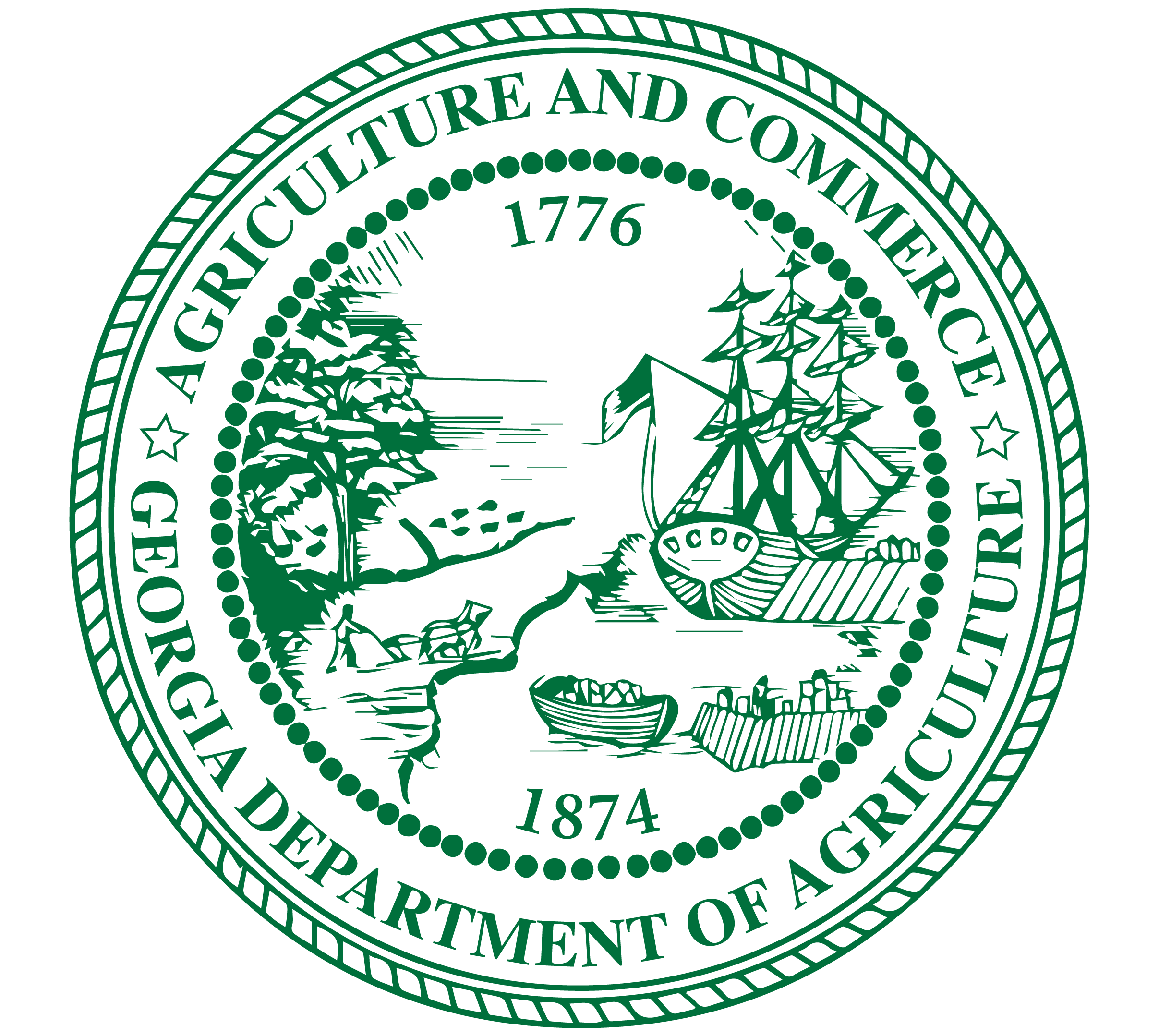What is an On-Farm Readiness Review?
An On-Farm Readiness Review (OFRR) is a non-regulatory, free pre-inspection visit to farms that grow covered produce. An OFRR is NOT an inspection; it’s about educating before regulating.
The goal of an OFRR is to provide farmers with useful information and insight so they can comply with the federal Food Safety Modernization Act Produce Safety Rule. It’s important that routine farm operations (such as washing, packing, and harvesting activities) happen during the OFRR so reviewers can make recommendations specific to your farm.
On-Farm Readiness Reviews will be conducted by GDA Farm Safety Program specialists.
How is an On-Farm Readiness Review different from an audit or inspection?
An On-Farm Readiness Review is not a regulatory visit. The primary goal of the OFRR is to help covered farms prepare for a FSMA Produce Safety Rule inspection and make sure that on-farm practices conform with the applicable regulatory requirements. The free OFRR assessment starts with an on-farm observation to evaluate the key areas regulated by the Produce Safety Rule. Reviewers want to have an informal dialogue between growers and regulators before inspections begin. They’re not conducting an audit, inspection, or any type of regulatory assessment. All notes taken by the reviewers will be left with the farm at the end of the visit.
What should I do to prepare for an On-Farm Readiness Review?
At least one person from your farm should complete the Produce Safety Alliance (PSA) Grower Training Course before scheduling an OFRR. The PSA Grower Training will provide you with essential background knowledge about the FSMA Produce Safety Rule and recommended produce safety practices that will help you get the most out of the OFRR. This training also satisfies the FSMA Produce Safety Rule requirement that "at least one supervisor or responsible party" completes "food safety training ... recognized as adequate”.
Learn more at the Produce Safety Alliance's classes page.
Before the OFRR, review the PSA Grower Training Manual from the Grower Training Course (see above) and your farm’s food safety plan, if you have one. Write down any questions you have ahead of time.
You can see more information at our main Produce Safety Program page.
What happens during an On-Farm Readiness Review?
- The reviewers will begin by asking a series of questions so that they can better understand your farm’s produce safety practices and farm procedures.
- They’ll ask to view different areas of the farm to observe harvesting, washing, and packing processes, and they’ll want to see storage or holding areas.
- At the end of the visit, the reviewers will provide feedback and identify areas for improvement in produce safety practices on your farm.
- The GDA Farm Safety Program’s specialists can give you technical assistance based on the feedback from your On-Farm Readiness Review. This may involve follow-up information or more farm visits.
What if a public health hazard is found during my On-Farm Readiness Review?
In the rare instance that we see a condition that could be considered “egregious” (an imminent public health hazard is posed if corrective action is not taken immediately), reviewers will not notify FDA or any other state/federal agency if the product has not entered commerce and the issue can be immediately addressed, nor will they make a written record. Our number one concern is fixing any serious problems on-site.
How do I sign up for an On-Farm Readiness Review?
To register for an On-Farm Readiness Review, visit our main Produce Safety Program page. When we receive your registration form, a team member from the Farm Safety Program will contact you to schedule your review.
Where should I go for more information?
Contact the Georgia Department of Agriculture Farm Safety Program office using the information below with questions or to learn more about On-Farm Readiness Reviews.
For more resources, please visit our main Produce Safety Program page.
This program is supported by the Food and Drug Administration (FDA) of the U.S. Department of Health and Human Services (HHS) as part of a financial assistance award U2FFD007413 totaling $3,960,129 with 100 percent funded by FDA/HHS. The contents are those of the author(s) and do not necessarily represent the official views of, nor an endorsement, by FDA/HHS, or the U.S. Government.


